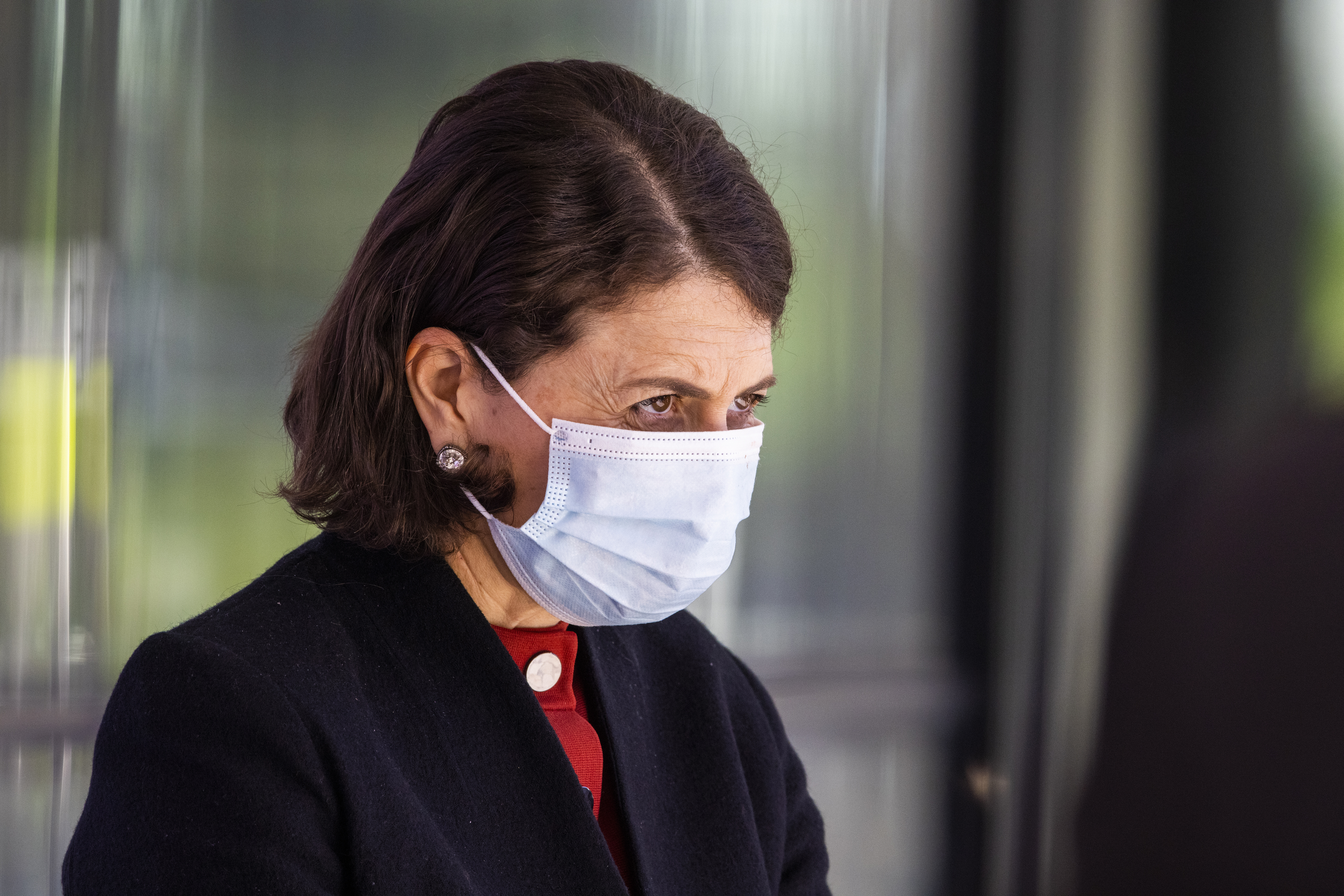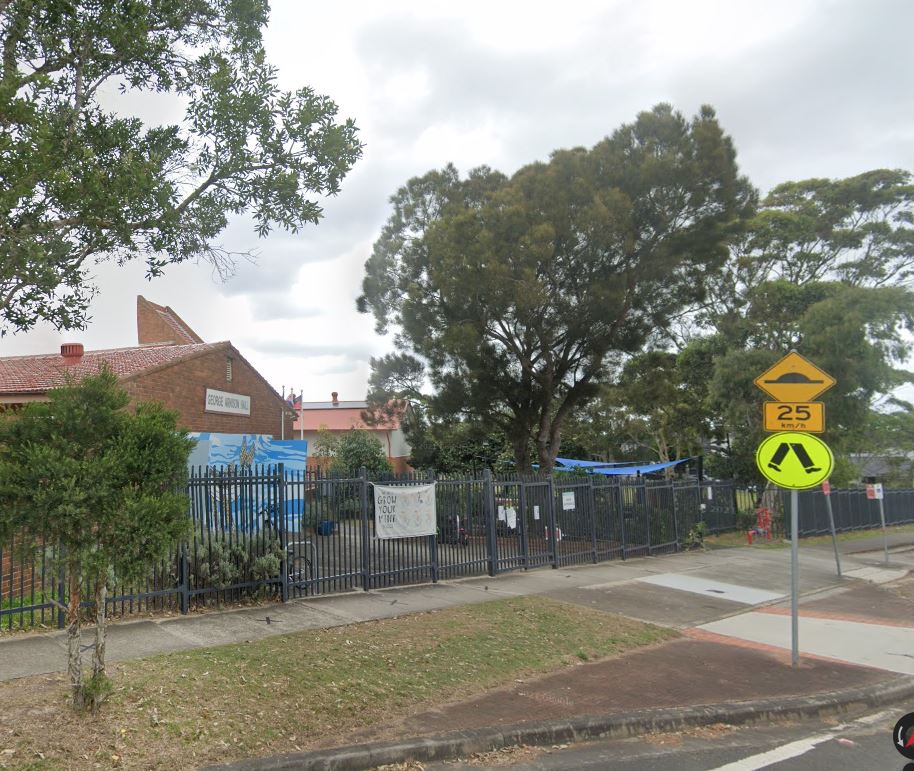A coronavirus vaccine is unlikely to be rolled out for school children in Australia until 2022, despite the Delta strain potentially being more infectious among the young.
The Pfizer vaccine in Australia is approved for people over 16 while the AstraZeneca is approved for those 18 and over.
"We don't have vaccines available to children," Deputy Chief Medical Officer Professor Michael Kidd said during a COVID-19 update in Canberra today.
"There is continuing research happening around the world, looking at safe and appropriate vaccines for use in younger people.
READ MORE: 'Very encouraging': NSW records 16 new local cases of COVID-19

"We need to wait for that advice to come through. We need to wait for the Therapeutic Goods Administration to do its job, looking at the safety of vaccines in those particularly age groups."
In the past 24 hours, there have been 23 reported new cases in Australia, four of these were people in quarantine. Nineteen of these cases have been locally acquired and this includes 16 newly reported cases in New South Wales.
Professor Kidd said it was hoped Australia would have protection available to people sooner than 2022.
"It really depends on the research and developments around the world," he said.
NSW Chief Health Officer Dr Kerry Chant earlier today noted 2022 as a possible roll-out for schools and school children.
"I'm a strong advocate for vaccination," Dr Chant said.
"Obviously, we need to - at the moment, our priority is vaccinating older people and adults ... But I would be expecting that in 2022 we would be looking at rolling out vaccines for schools, schoolchildren.
READ MORE: Two-thirds of staff at infected Sydney nursing home unvaccinated
"But, our priority still needs ... at the moment, vaccine is still constrained, and as that vaccine becomes available, we still need to prioritise the elderly, aged care workers, and those with underlying health conditions before we move ahead to the younger age group."
Last week, all Year 3 students at a Sydney primary school were tested for coronavirus after an infected girl went to class.
In a letter to parents, St Charles Waverley Catholic School principal Paul Croker said a special testing facility run by NSW Health nurses had been set up in the school hall.
Late last month, two Sydney primary school students were among 18 new virus cases.
Both students from South Coogee Public School, in Sydney's eastern suburbs, are close contacts of the two previously reported cases. The total number of students with COVID-19 at the school was four.
Western Australia faced similar challenges last month after Connolly Primary School was added to the list of the state's primary exposure sites.
The cases are prompting a review of health advice around school children with new research suggesting the Delta strain may be more infectious among children.
Despite the growing number of cases, education remains one of the five essential reasons people in Greater Sydney are permitted to leave their home during the state's two-week lockdown.

Last week editor of the Medical Journal of Australia, Professor Nick Talley told 2GB host Ben Fordham the situation is a "big worry".
"We felt schools were not at such a big risk with the original virus … but now, with Delta, this may be a different situation," Professor Talley said.
He said while the rate of infection may be higher, international data suggests hospitalisation rates among children do not seem to be increasing.
"While children may get the virus, transmit the virus and get sick, the risk of serious outcomes like hospitalisation at least so far doesn't seem to be as bad as we might have feared," he said.
